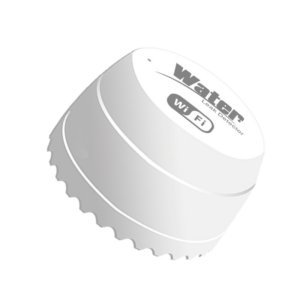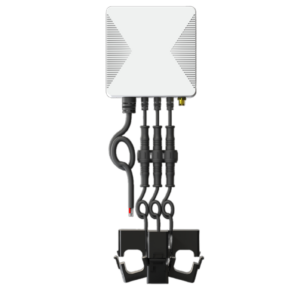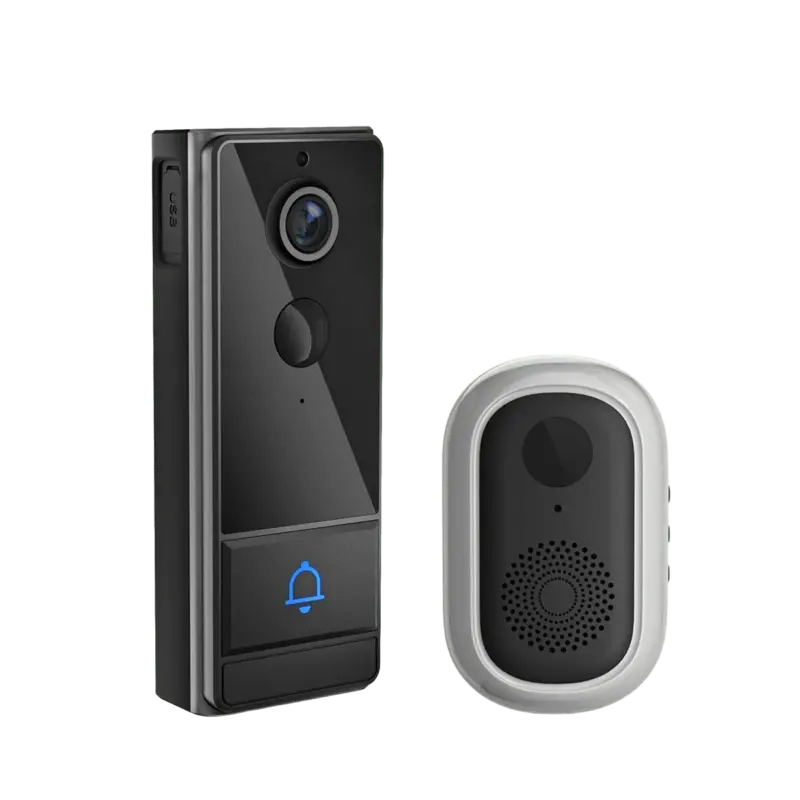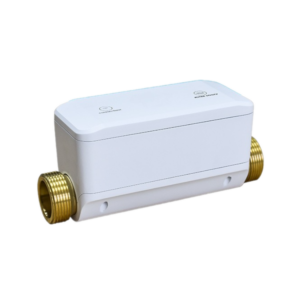One of the major breakthroughs in modern pursuit for energy efficiency and sustainability is the integration of smart thermostats with heat pump systems in a residence for technological integrations in heating and cooling systems. This combination not only gives way for some serious energy-saving but also hikes up the levels of comfort at home, all the while letting people live on a greener planet. But exactly how do smart thermostats make this possible? Understand the Science behind Smart Thermostats and Heat Pumps; Learn the Methods They Use to Conserve Energy as They Bring Tangible Benefits to Homeowners.
Understanding Smart Thermostats and Heat Pumps
Heat pumps allow steady natural heat from the surrounding air or ground just outside the house to be picked up, transferring it into the house in cold seasons and even reverse to cool the house in summers. But efficiency with heat pumps can be highly variable from day to day, or even different times of the day, and when people are active in a household. Enter smart thermostats. These Wi-Fi-connected smart thermostats are equipped with sensors and sophisticated algorithms to adjust the operation of heat pumps in a flexible manner, thus maximizing the use of energy, while at the same time maintaining a level of comfort. ### The Science of Smart Operation Smart thermostats do not only operate through a control adjustment in temperature. They include multiple sensors to measure indoor and outdoor temperatures, humidity, and even occupancy. This is data which is processed through sophisticated algorithms so as to allow the thermostat to learn a homeowner’s preferences and schedule, making automatic adjustments to the operation of the heat pump that saves energy without sacrificing comfort.
For instance, a smart thermostat could turn down heating or cooling when a house is unoccupied and return them to a comfortable level when a house is going to be occupied. Efforts to maximize home energy efficiency will result in massive energy savings, whether actively or passively done.
- Adaptive Scheduling: That's where a smart thermostat learns your schedule and automatically operates the heat pump accordingly, to ensure efficient use of energy throughout the day.
- Geofencing Technology: Through this technology, the settings of the heat pump adjust themselves as it is aware of the location of the homeowner through the location of the smartphone of the homeowner. A thermostat then will be in a position to turn on the heat pump to an energy-efficient level and heat it up to the comfortable level as the homeowner gets closer to home.
- Remote Control and Access: Smart thermometers present easy usability through the remote control applications installed on smartphones. This thus allows one to adjust the heat pump conditions from anywhere one may be, whether in the office, while on vacation, or on their way back home.
- Energy Usage Reports: Most smart thermostats come with reports about the use of energy and further help to offer suggestions on what settings can be made for more energy savings. Such feedback is very important for the people in the house to reduce the carbon footprint and utility bills.
Enhancing Heat Pump Efficiency with Smart Thermostats
The basic advantage that emerges through the linking of smart thermostats with heat pump systems is the increase in energy efficiency—by an amount that is significant. Given real-time data and learned preferences, smart thermostats go a long way towards keeping unnecessary energy use to a minimum by intelligently adjusting the operation of the heat pump. Finally, not only does this smart control go a long way in temperature setting, but it is intelligent in how and when it actually runs the heat pump to consume energy only where and when most needed.
On Energy Consumption and Costs
- Reduced Energy Waste: A smart thermostat, being able to regulate the heat pump to work well as conditions and occupancy dictate, has the lower bounds of energy wastage. Such precision puts to rest the frequent case of heating or cooling empty spaces, an issue likely to cause substantial energy inefficiency in smart control systems that a property lacks.
- Cost Savings: The direct result of reduced energy waste is a noticeable reduction in utility bills. Homeowners can, therefore, expect to see their energy bills reduced because the smart thermostat fine-tunes the operation of the heat pump so that it corresponds to the real use patterns and environmental conditions, always making sure that no dollar spent on energy is, in fact, wasted.
- Environmental Impact: The smart thermostat will thus enable an optimized system operation of heat pumps and in an overall view, decrease energy consumption, which has to be transformed into a lower level of greenhouse gas emission in the environment. A smart thermostat, therefore, enlists into a much wider bracket as an effective weapon in the battle against climate change that marks a homeowner's ability to ensure environmental conservation.
Homeowners who have upgraded their heat pump systems with smart thermostats often report not only savings on their energy bills but also increases in home comfort. Smart thermostats will actually uphold the best temperature settings, depending on preferences and external conditions, ensuring homes are maintained at the best temperature all the time and thereby improving the living environment in totality. Smart Conclusion: A Smart Choice
In summary, smart home appliances and devices are a boon for modern living, with so much to offer when it comes to advantages and benefits.
In conclusion, it is evident that the smart home appliances and devices have a lot to offer from their quite numerous advantages.
Decisions to integrate a smart thermostat with your heat pump system are just like all other modern home aspects: they're more than a mere improvement—they're an investment in the future of your home. The saving in energy, cost reduction, environmental benefit, and enhancement of comfort all roll into one to make a strong case for making the switch. Smart thermostats can only become more capable, as technology continues to advance, and will further increase the homeowner's ability to provide in his living quarters the kind of environment that's optimized for efficiency in the use of energy.
This is worthwhile adopting in the setting of temperature and the control of heat pump, considering the need for current efficient energy solutions and realistic ways of delivering it without tempering with comfort and convenience. A smart thermostat added to the heat pump will represent a big leap towards the goal of making your home's energy system both sustainable and efficient.




